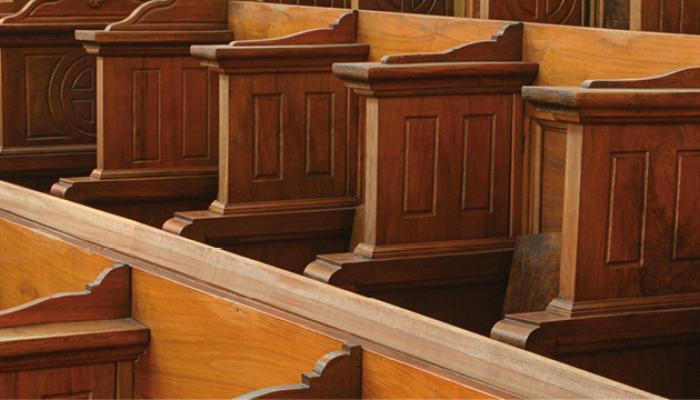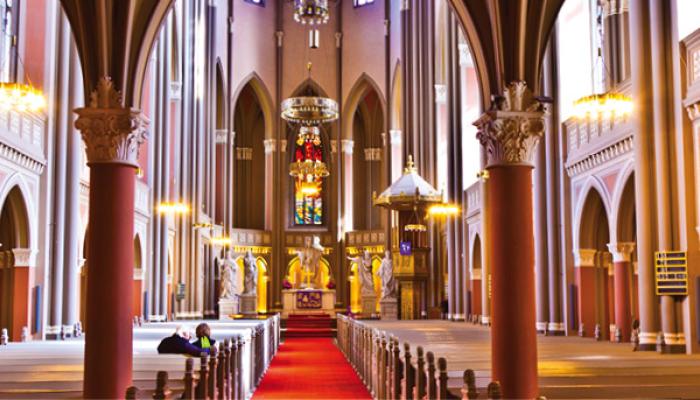
2.45 How did the Church respond to the developments in the nineteenth century?
Because Rome was annexed by Italy in 1870, the secular power of the pope declined. His moral influence, however, grew. Several new ideologies criticised the faith and depicted it as unreasonable. In response, the Church developed new ways to explain and demonstrate the reasonableness of faith. For example, the pope encouraged scientific research.
In response to socialism, Pope Leo XIII wrote in a letter (encyclical) that workers and factory owners had to work together to build a better society, and that the state also has a role in this effort. He also called for the creation of Catholic trade unions. This encyclical is regarded as the first formal expression of the social doctrine of the Church.
The 19th century became the century of the great saints, of new vitality for a multitude of religious congregations, and faith is stronger than all the currents that come and go... Even in difficult times when there is a shortage of vocations, the Word of the Lord lives for ever. And he who, as the Lord himself said, builds his life on this "rock" of the Word of Christ, builds it well. Therefore, we can be confident. We also see new initiatives of faith in our day. We see that in Africa, despite all her problems, the Church has fresh new vocations, which is encouraging. [Pope Benedict XVI, Meeting with Albano priests, 31 Aug. 2006]





